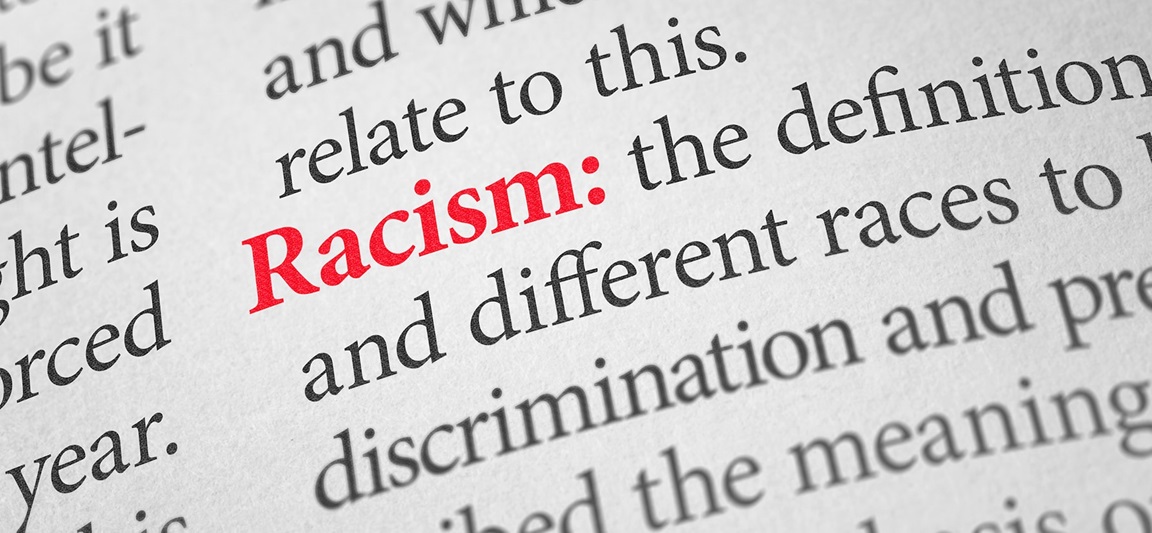A Small Group Video Resource
Racism has been increasingly at the forefront of many conversations concerning issues within and outside the Church. As issues of racial injustice and racial terror are more widely publicized, even people who have never spoken about or had to deal with issues of racism have entered into dialogue and action.
Racism is best understood as a systemic issue that is one directional — white people/white privilege oppressing the lives of people of color.
At its most misunderstood, claims of reverse racism attempt to describe situations when people of color discriminate or have prejudices against white people.
The ROOT, a digital publication that features the lives and interests of African Americans, produced a video addressing this notion of “reverse racism.” GCORR provides below, sets of questions for discussion for before and after watching the video. Use them to further your exploration and discussions about the concept of reverse racism.
BEFORE THE VIDEO (12-17 minutes)
Facilitator’s Note: For groups up to 10 people, give group 12 minutes to discuss questions below and write responses on flip chart or wall-size post-it paper. Place responses on wall. For groups over 10 people, split into groups of 4-8 people. Give small groups 5 minutes to share responses with large group and place responses on wall.
- For what reasons would one argue that racism could be reversed and used as a form of oppression against white people?
- What claims of reverse racism have you seen or heard about (news, work, school, etc.)?
- Have you ever heard conversations like this in the church? In what circumstances?
WATCH VIDEO (5 minutes)
AFTER THE VIDEO (25-40 minutes)
Facilitator’s Note: Have group (or small groups) use the video to discuss questions 1 & 2 (i.e., what did the video say about these?) Take 5 minutes for this section.
1. What are the marked differences between “racism” and “discrimination?”
2. What about racism makes it “impossible” for racism to be reversed toward white people?
Facilitator’s Note: Take 5-10 minutes for group (or small groups) to discuss question #3. You could also add: “How, if at all, was the information presented in the video different than how you have understood or heard about racism (even ‘reverse racism’) in the past?” NOTE: It is likely that people of color and people racialized as white will have different answers to this question; this also can create powerful reflection, discussion, and revelation if asked to consider this.
3. Evaluate your answers to the pre-video questions based on the video. Discuss.
Facilitator’s Note: Allow for 15-25 minutes here depending on time restraints of your class time together. For question #4, challenge people to go beyond individual acts of racism to think about systemic racism and how racism affects policies, practices, and structures. If this question is difficult for people to answer (“I don’t know.), ask the group to brainstorm why it is difficult and how racism might be part of the answer. For question #5, challenge people to go beyond, “If we just loved Jesus more…” Create an action plan that includes only steps that are SPECIFIC, ACTIONABLE, and MEASURABLE. Post responses on the wall or give to someone to create a write up of plan to be proposed to those with decision-making power.
4. How does racism impact our ability to create equitable policies for our churches? Where do we find opportunities to “undo” the impact of racism?
5. What practical steps can we take to teach others within our church to be conscious of the fallacy of “reverse racism?” Within the next week? The next month? The next quarter?
Resource written by Rev. Alisha Gordon. Originally published by Religion and Race.

